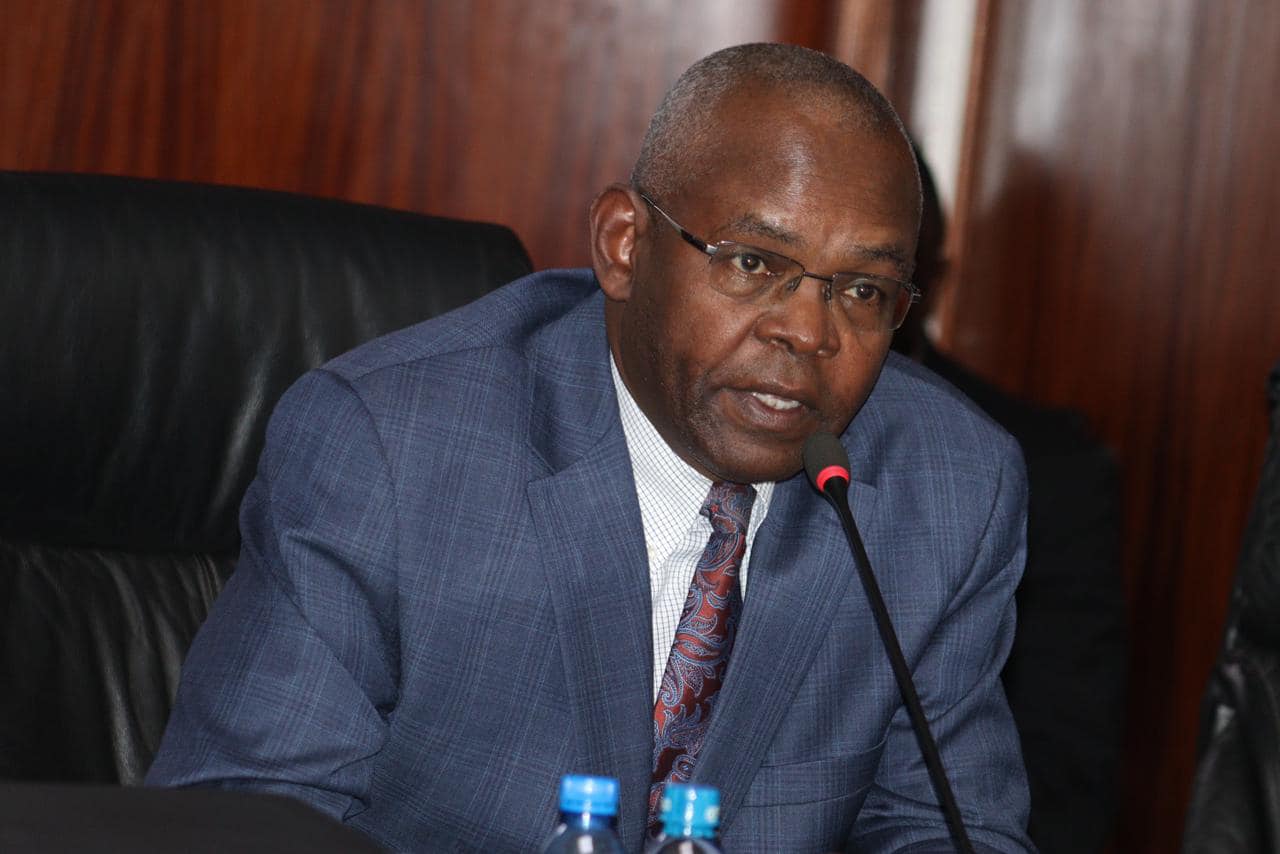The Central Bank of Kenya has made an unusual acknowledgment, revealing that the shilling’s overvaluation may have reached as high as 25 percent.
During a session with lawmakers on Wednesday, Central Bank Governor Kamau Thugge explained that persistent imbalances between foreign exchange demand and supply have been the primary driver behind the shilling’s depreciation. This depreciation has now pushed the shilling past the critical threshold of KES 150 against the U.S. dollar.
“I think for several years now, we have had an overvalued exchange rate. In fact, if you go back six years ago there was a raging debate as to whether the Kenyan shilling exchange rate was overvalued and at that time the Bretton Woods institutions felt that actually the exchange rate was overvalued by anywhere between 20 to 25 percent,” Thugge said.
The overvaluation became obvious last year, Thugge said. Inflation last year went beyond what had been seen for decades as the U.S. raised interest rates by 500 basis points.
The depreciation prompted alarm from lawmakers and a series of proposals from Thugge to provide support and stability.
To bolster the faltering shilling, Thugge proposed “interbank market reforms, deliberate measures to increase foreign exchange inflows into Kenya, improving sentiment around the Eurobond and debt issues, and reducing the current account deficit especially through lower imports and higher exports.”
Njoroge noted that while Kenya is performing well in attracting remittances from migrant workers, other East African countries like Uganda have been more successful at bringing in foreign exchange, and Tanzania’s relatively robust performance is driven by tourism receipts, the committee said in its report.
Committee Chairman Kuria Kimani expressed strong concerns about the shilling’s steep devaluation and pressed Thugge “to swiftly develop measures to protect the stability of the Kenyan currency.”
In his closing remarks, Thugge said implementing medium- to long-term solutions like attracting additional foreign exchange inflows, making Kenya’s exports more competitive, diversifying trade markets and clamping down on speculation in foreign exchange trading by banks would provide a lasting remedy for the shilling’s woes.
The committee also heard Thursday from Kenya Revenue Authority Commissioner General Humphrey Wattanga, who reported a positive revenue growth of 88.1% in the first quarter of the 2023/2024 financial year.


















